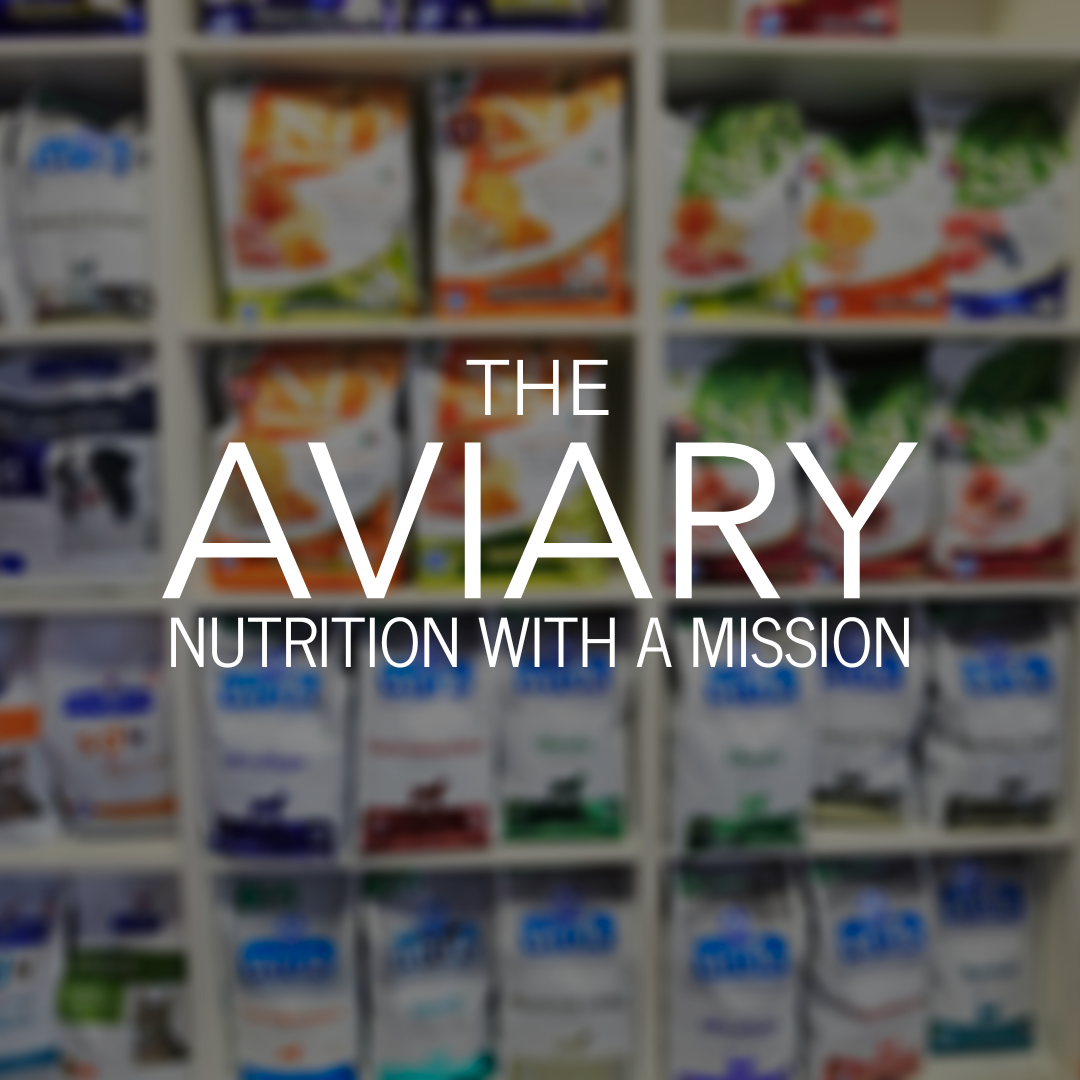
How to Tell If You’re Feeding Your Parrot Too Much
How to Tell If You’re Feeding Your Parrot Too Much
Overfeeding is a common problem for pet parrots, and it can cause both health issues and behavioural problems. The signs include weight gain, changes in feather quality, reduced activity, hormonal behaviour, and even aggression.

What are the signs you’re feeding your parrot too much?
If your parrot is overweight, can’t fly properly, or has dull feathers, they may be getting too much food. Behavioural changes like biting, screaming, or hormonal nesting behaviour can also be linked to overfeeding.
In more detail, you might notice:
- Struggling to fly or tiring quickly
- A rounded, padded breastbone rather than a sharper keel
- Yellowing or dull feathers (often linked to fatty liver disease)
- Nesting behaviour, cage territoriality, or increased aggression
- Loud vocalisations and frustration-related biting thanks to excess energy
Why does overfeeding cause behaviour changes in parrots?
Parrots with constant access to calorie-rich foods, especially seeds and nuts, are more prone to hormonal surges. This can lead to aggression, excessive screaming, and territorial behaviour.
In the wild, food availability fluctuates, so parrots naturally balance their hormones with their environment. In captivity, an endless buffet of fatty, high-energy foods can trick their bodies into “breeding mode” year-round.

Also, in the wild parrots can fly hundreds of kilometres a day in the search for food and nesting materials or sites, burning off all of the calories they consume. In captivity parrots just don't do nearly as much physical or mental exercise in order to burn off the calories of an all seed / high fat diet, and so that excess energy has to go somewhere. Parrots will find ways to burn of calories, whether that is being destructive, screaming, being over-heightened and aggressive, pacing, flapping or any other number of behaviours we may deem negative.
Can overfeeding cause health problems in parrots?
Yes - too much food (especially fatty seeds) can cause obesity, fatty liver disease, and joint strain. Fatty liver disease is particularly dangerous and can cause feather colour changes, lethargy, and a reduced lifespan.
Other health issues include:
- Weak muscle tone from reduced activity
- Breathing difficulties from excess weight
- Lower immune function due to an unbalanced diet
How much should I feed my parrot each day?
Offer measured portions based on your bird’s size and species. As a general guideline, fresh vegetables, sprouted or soaked seeds and a little fruit should make up most of the morning meal, with a carefully portioned dry mix and a small amount of seeds or high quality pellet in the evening.

For example, a daily feeding routine for a parrot could look like this:
Morning: Fresh veg, a little fruit, and sprouted seeds.
Day time: A selection of small pieces of nuts placed within foraging toys or offered in exchange for positive behaviour during a training session.
Evening: A high-quality dry mix and measured seeds.
Avoid keeping bowls constantly full, this encourages boredom eating and reduces activity. It can also attract more insects and pests, and is as far from nature as is possible.
How can I stop overfeeding my parrot?
- Serve food in foraging toys or scatter it on play stands to encourage movement
- Rotate foods daily to keep them interesting but balanced
- Avoid “treat creep”, don’t let nuts and seeds become all-day snacks
- Have regular weigh-ins to track any changes
If your parrot’s weight, feather quality, and behaviour are all in balance, you’re probably feeding the right amount. But if you’re seeing health or behaviour changes, it’s time to reassess portions and variety. An avian vet can help you fine-tune their diet for long-term health.

Parrot Overfeeding FAQs
How do I know if I’m feeding my parrot too much?
You might notice weight gain, a round belly, difficulty flying, or behavioural changes like aggression and excessive screaming. A vet can confirm with a weight check.
Can overfeeding cause health problems in parrots?
Yes. Overfeeding can lead to fatty liver disease, obesity, and nutritional imbalances, which can affect feather quality and shorten lifespan.
How much food should I give my parrot each day?
It depends on species and activity level, but most parrots benefit from fresh food in the morning, dry mix or seeds in the evening, and controlled treats for training.
